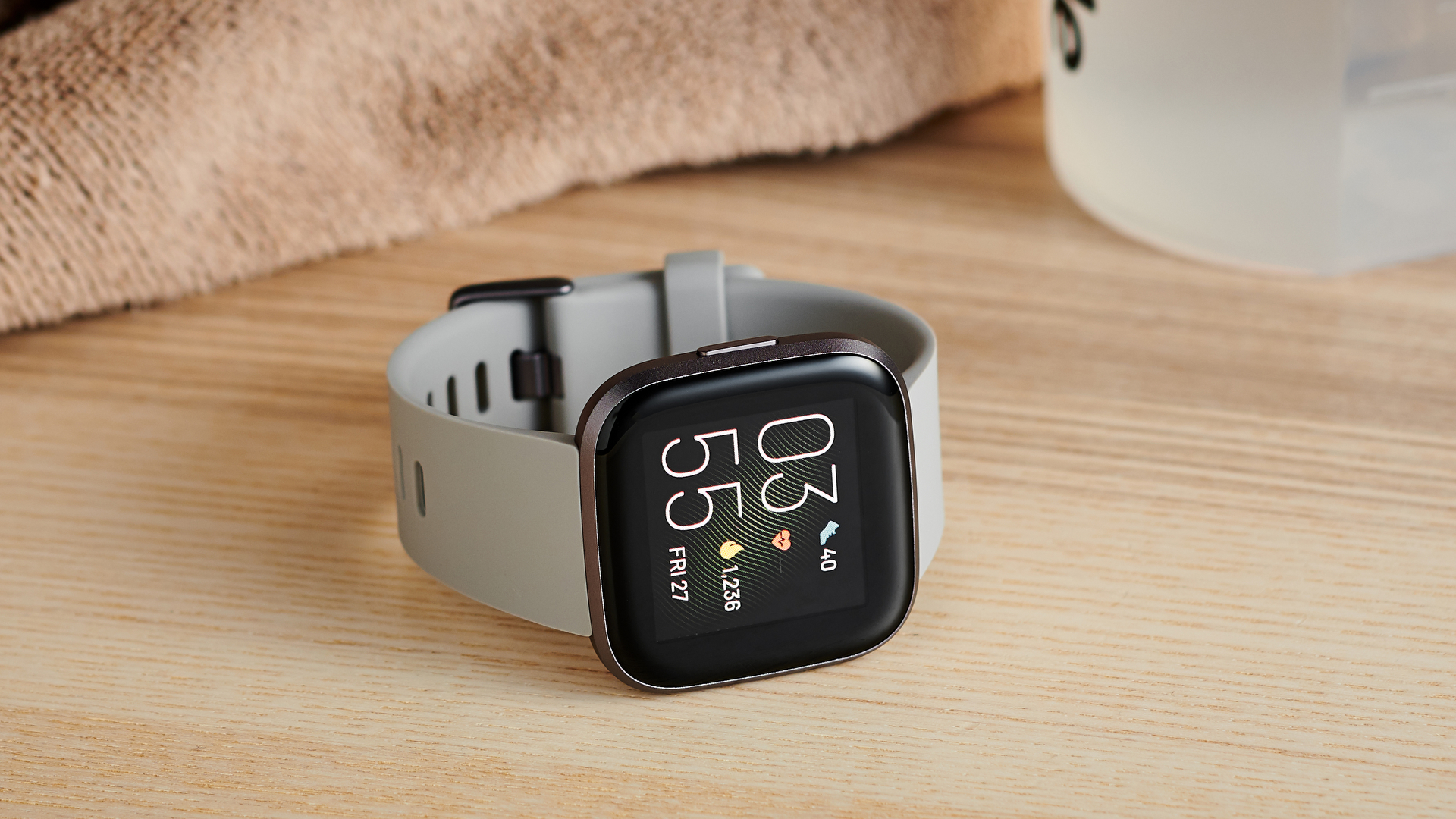Your Fitbit may be getting a new blood oxygen monitoring feature
A feature we've waited a while for

For years, Fitbit has included an SpO2 sensor capable of measuring your blood oxygen levels to detect abnormalities in your sleep, such as sleep apnea, in its smartwatches but the feature is only just being turned on.
The feature debuted on the Fitbit Ionic, even though the function was dormant, and it turns out the feature was also included in the Charge 3, Versa, Versa 2, and Versa Lite.
If you own one of these smartwatches or fitness trackers, you should begin to see the feature’s benefits soon.
- The very best Fitbits
- Our ranking of the top fitness trackers
- Our Fitbit Versa 2 review
Throughout 2020, users have begun noticing that they were suddenly able to monitor “Estimated Oxygen Variation”.
This feature was rolled out to a small percentage of Fitbit wearers at first, but now it has begun releasing the feature to more customers. If you haven’t got the update yet, don’t worry - you’re not alone and it should arrive soon.
What does the update do?
The red and infrared sensors on the back of the device monitor your blood oxygen saturation. As the Fitbit app explains, “Blood oxygen saturation normally fluctuates, but big variations can be linked to breathing issues.” For most of us, 95-100% oxygen in our blood as we sleep is considered normal. But if it drops below that percentage, you could have a more serious problem, like sleep apnea.
Many sufferers of sleep apnea don’t realize they have the condition. It’s estimated that 22 million Americans suffer from the disorder, which is (in simple terms) a struggle to breathe properly while asleep. Often it presents itself through loud, frequent snoring interspersed with sudden choking as your body tries to get enough oxygen.
Get daily insight, inspiration and deals in your inbox
Sign up for breaking news, reviews, opinion, top tech deals, and more.
It looks like Fitbit isn't FDA approved yet to actually diagnose sleep apnea using the SpO2 sensor on its smartwatches and trackers. What this means is the app can show you when your blood oxygen saturation is worryingly low, but Fitbit can’t confirm the feature as medically accurate yet, despite its usefulness.
It’s likely that the FDA will approve the feature soon, but we don’t have any clarification on when that will be. If you get the update soon and the app says your levels are low, the best thing to do is to consult a medical professional.
Via: Android Police